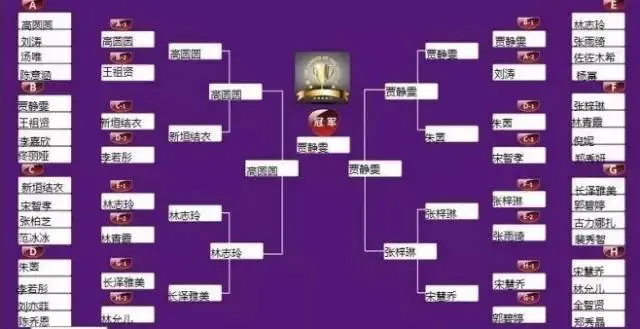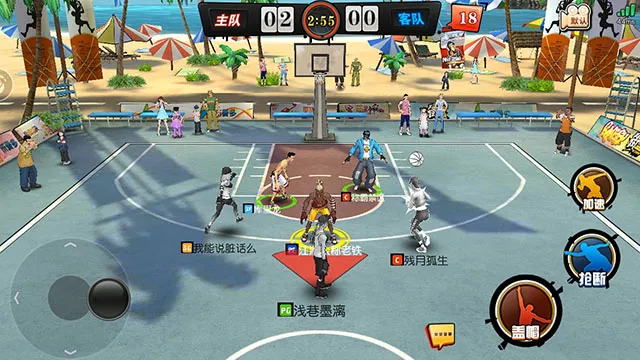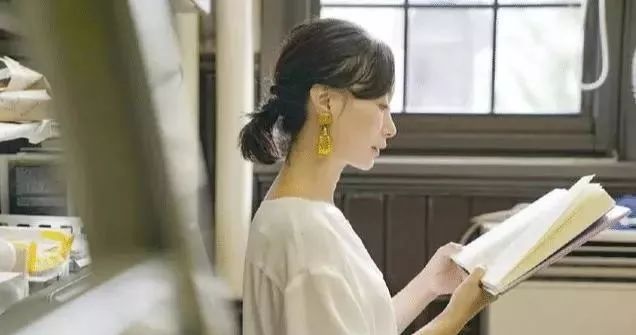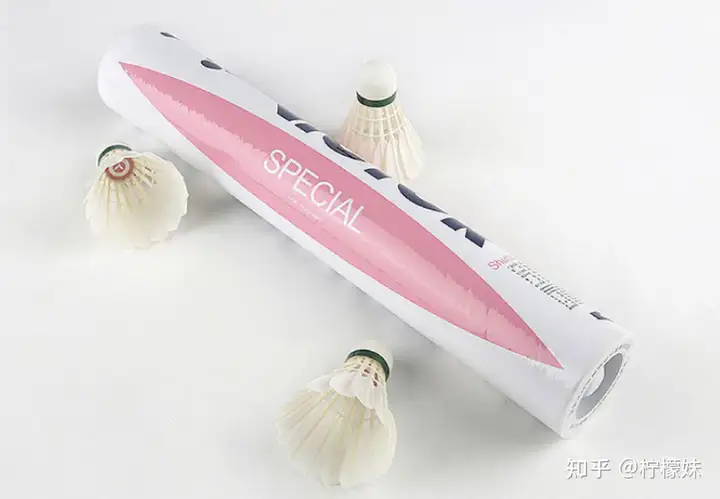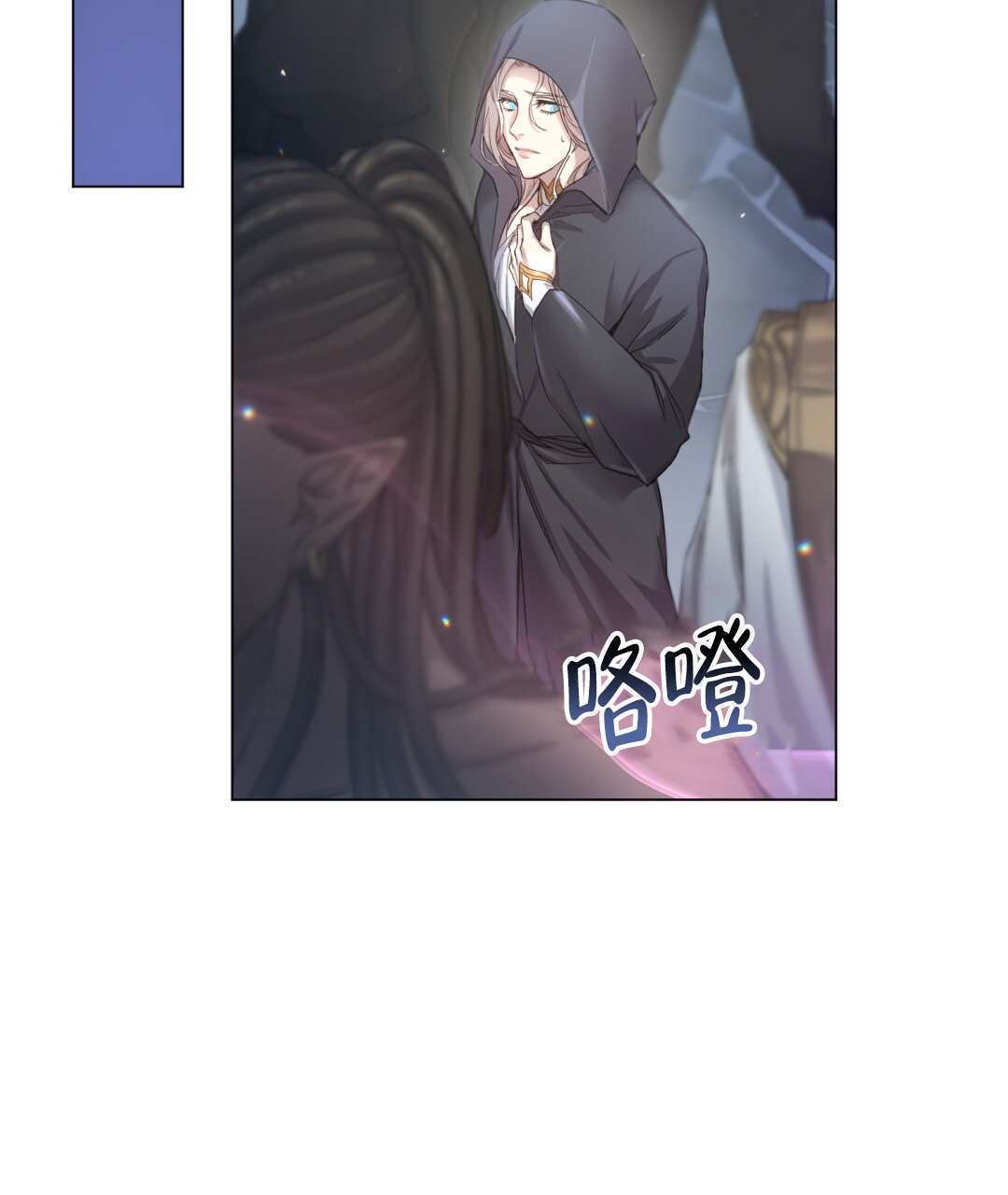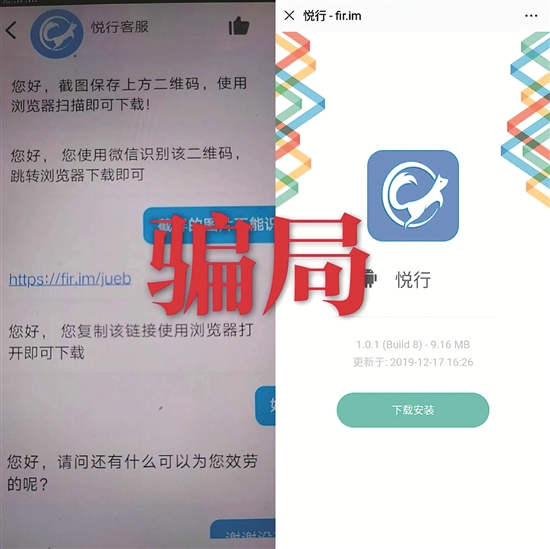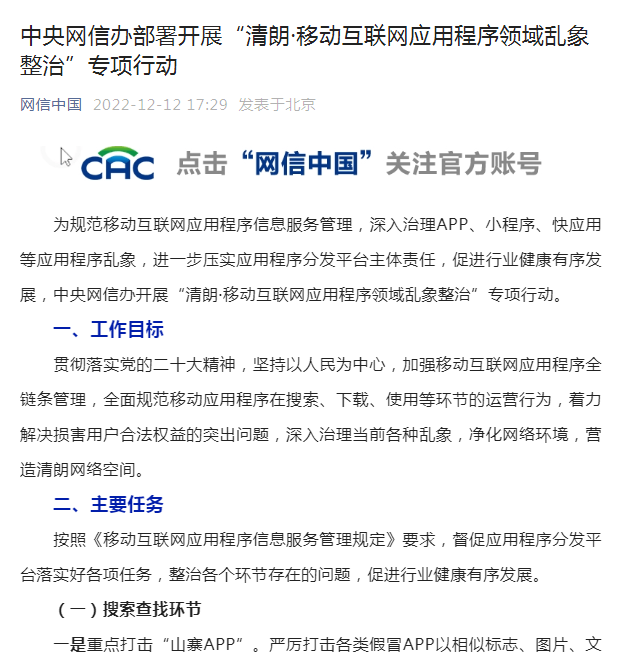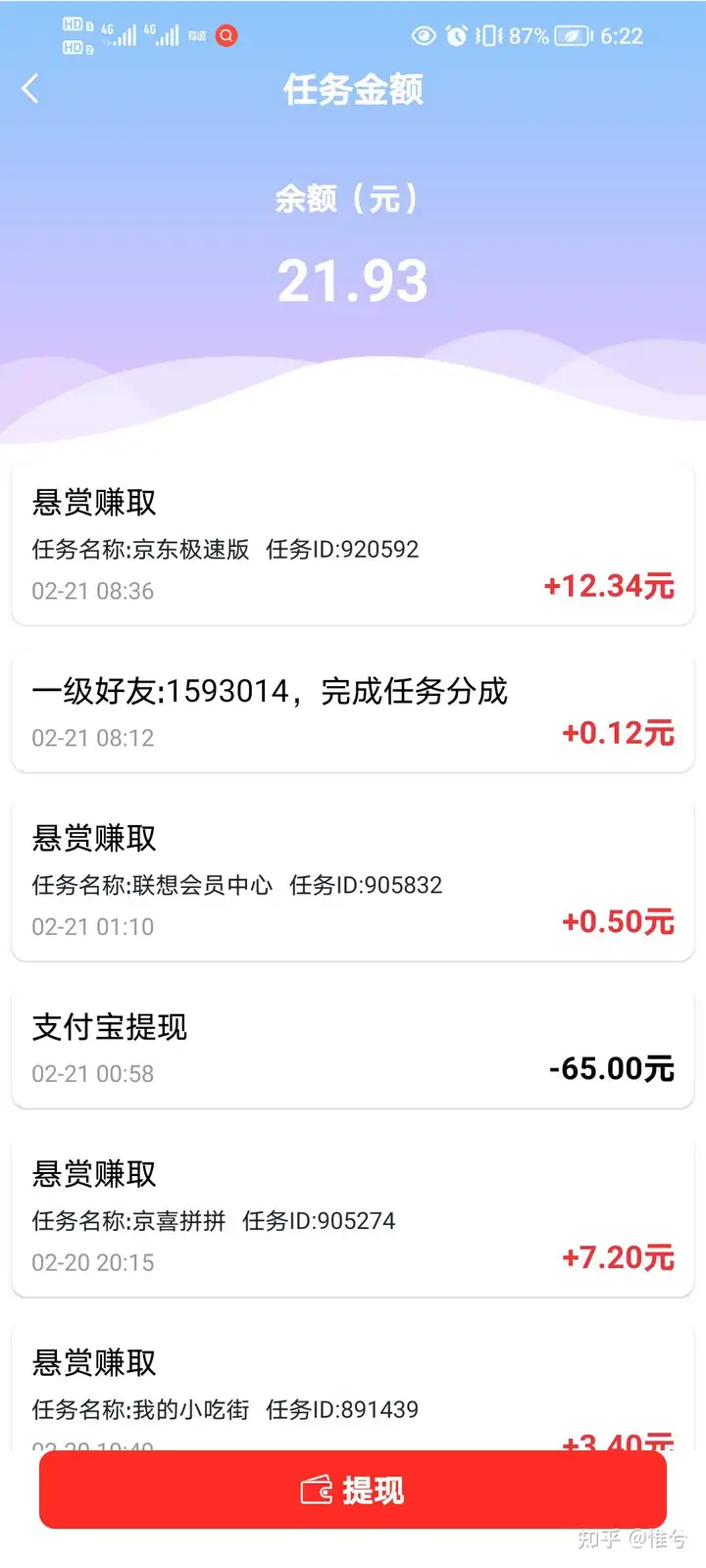初一孩子们收,仁爱英语一单元复习丨词汇+句型+词组+语法丨一定反复看

二、大小写
句首字母,人名,地名,称呼语,专有名词,星期的首字母要大写,引人注意。
• Look!Is that Jane?
• He comes from Hubei,China.
• Mr. Wang, this is my mom.
• What class are you in?
—I’m in Class Ten, Grade Seven.
• On Sunday, we go to the West Hill for a picnic.
三、问候语
1. Good morning/ afternoon/ evening.
2. Hello!/ Hi! ---Hello!/ Hi!
3. Nice/ Glad to see/ meet you. ---Nice/ Glad to see/ meet you, too.
4. Welcome toChina/my home. ---Thanks.
5. How do you do? ---How do you do?
6. How are you? ---Fine, thank you. And you? ---I’m OK.
7. See you then/ later. ---See you.
8. Goodbye. ---Bye.
9. Thank you. ---You’re welcome./ That’s OK./ Not at all.
 四、数字句型
四、数字句型1. How old are you/ is he/ are they? ---I’m/ He is/ They are eleven.
2. What’s 4567967.
3. What class/ grade are you in? --- I’m in Class
Ten,Grade Seven.(注意大小写)

 五、重要句型及短语
五、重要句型及短语
1. What’s your name? ---My name is Sally. ’m fromChina.
3. Whereis he/ she from? ---He/She is fromJapan.
4. What’s this/ that in English? --- It’s a/ an……
5. What’re these/ those in English? ---They’re……
6. How do you spell it? ---E-R-A-S-E-R, eraser.


 六、Be动词的用法
六、Be动词的用法我发誓会戒掉篮球!如果它只有一种玩法!别跟我说篮球应该怎么玩!标准姿势起跳?90度的标准角投篮?只能说明你缺乏想象力!街道就是我的领地,狂飙球技

• 我用am,你用are,is用于他、她、它,单数用is,复数就用are。 • 含be动词的陈述句变否定句在be后加not,变一般疑问句将be提前。
• 一般疑问句的肯定回答:Yes,人称代词+ be;否定回答:No, 人称代词+be+ not。 如:They are teachers.
----They are not teachers.
----Are they teachers?
----Yes, they are./ No, they aren’t.

(1)不定冠词a, an的用法:
a /an 都表示“一,一个”,a 用在以辅音音素开头的单词前,如:abook; a desk; an 用在以元音音素开头的单词前,如:an apple / an orange/an English book;/ an English boy/ an old man;/an actor/ an English teacher/ anoffice worker.
(2)the是定冠词,表特指,单复数前面都可用
We are in the same class.
The girl in a pink skirt is Jane.
Where is the book?
This isn’t my bike. The blue one is mine.
(3) and 的用法
• 数字相加看做单数: Two and three is five.
• 颜色相加也是单数: Black and white is gray.
• 人和事物相加是复数:Lucy and Lily are sisters.The pen and the eraser are Jane’s

(1)规则变化
1)一般在名词词尾加--s,如:car----cars; photo---photos; toy---toys; boy---boys
2)以s, x, ch, sh结尾的词,在词尾加---es,如:box---boxes; bus---buses
3)以辅音字母+y结尾,变y为i再加es,如:baby---babies;family---families
4)以fe结尾,变fe为v再加es,如:knife---knives
(2)不规则变化:
如:foot---feet; man---men; woman---women; snowman---snowmen;
2. 集体名词:people, clothes, police, family
3. 成双出现的名词:shoes, pants(trousers),gloves, eyes, ears
一词多义:An orange is orange. • • • •

 七、Unit 1 单元单词听力和单词表
七、Unit 1 单元单词听力和单词表



